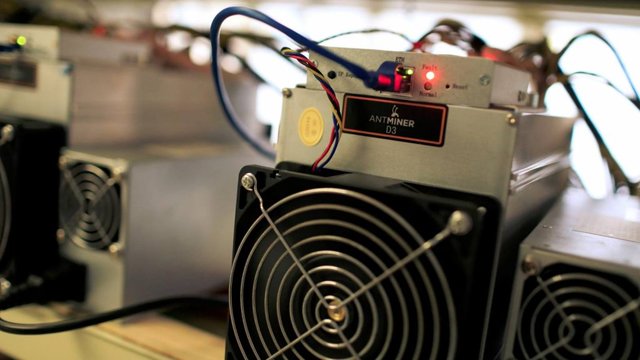
The East Asian country of Mongolia is likely to become one of the new powerhouses in cryptocurrency mining. Mining operations are expected the triple their size this year, despite the on-going bear market. Cheap electricity and cold temperatures are the main reasons why miners in the country are still capable of making a profit at this moment, according to a report from Nikkei.
Japanese e-wallet company Ginco has two mining facilities in the Mongolian capital Ulaanbaatar. It currently runs 600 mining computers, but one thousand more will be added in the first quarter of this year. Another Japanese company, Unimedia, has outsourced its mining equipment to the Mongolian IT company iTools, which uses electricity from its own generating facilities.

Bitcoin dropped 84% in value during the 2018 bear market. This week the coin dropped another 10 percent, after it managed to climb back to $4000. Currently one bitcoin costs $3590, and some belief the value of bitcoin hasn't reached its bottom yet. This strong decline hurt the mining market, as many miners had to close their operations.
The Bitcoin network has seen a strong decline in computer power, losing almost half of its hash rate over a three month period. Currently the hash rate is slowly increasing again. With 40 TH/sec the network's hash rate is still 30% below the 61.8 TH/sec peak from late August 2018.
Cheap electricity and little need to cool machines, are reasons why Mongolia is becoming an interesting place for mining. There's less power needed in Mongolia, while the power that's being used is a lot cheaper. Earlier reports suggested that Iran could also be an interesting option for mining cryptocurrencies.
It's not unthinkable that some of China's major mining businesses will move towards the country with the most northern desert. China has seen a tremendous spike in electricity costs. Currently electricity prices are at an all-time high, while Mongolia is relatively close-by and offers benefits that aren't found in China.

Chinese mining powerhouse Bitmain reportedly has major debts, losing 1.2 billion dollars in 2018 alone. Bitmain is planning to reorganize its management and has plans to fire half of its 2500 workers. On top of that, many smaller businesses have closed their doors in 2018. While Japanese internet company GMO stepped out of the mining business.
At the same time mining is losing popularity. Teams involved in the development of Ethereum and Bitcoin are considering to adopt a Proof-of-Stake principle besides the already existing Proof-of-Work. Staking coins is a more economic and environment friendly way to contribute to building a network.
Perhaps the decrease of commercial mining will allow for a comeback of mining at home. Currently mining any currency at home isn't profitable, but lower difficulty and lower hash rates will allow people to actually contribute to a decentralized network while still making a profit.
However, mining still is a major business. It's not without reason that there are more reports of criminal activity involving mining. Hackers install malware to use other people's computers, hackers obtain 51% of the hash rate on a network to perform double spending and create money out of thin air, and of course people steal electricity to mine crypto.
Posted from my blog: https://www.nederob.nl/2019/01/14/mongolia-next-mining-powerhouse/